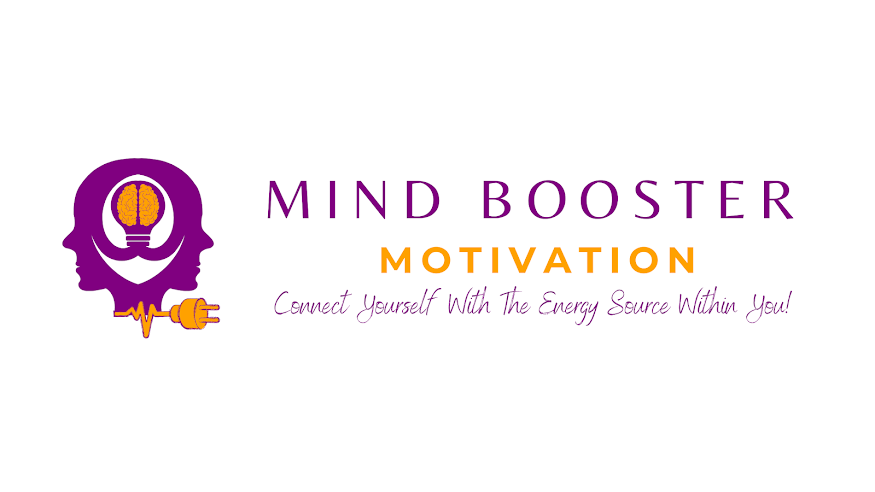How and why training to become a mentor and inspire others is an excellent pathway for you!
Training to Become a Mentor and Inspire Others: An Excellent Pathway for Personal Growth and Fulfillment
In today’s era becoming a mentor and inspiring others is a transformative journey that not only impacts the lives of those being mentored but also offers profound personal growth and fulfillment. Mentoring involves sharing knowledge, skills, and experiences to guide and support others in their personal and professional development. This article explores the process of training to become a mentor and highlights the reasons why it can be an excellent pathway for individual growth, self-discovery, and making a positive impact on others.
I. Understanding the Role of a Mentor:
a) Definition and Purpose:
A mentor is a trusted guide who shares wisdom, insights, and guidance to help mentees navigate their personal and professional challenges. The mentor's role is to provide support, encouragement, and a safe space for mentees to explore their goals, strengths, and areas for growth. Mentoring relationships foster mutual learning and inspire mentees to reach their full potential.
b) Building Meaningful Connections:
Mentoring goes beyond merely imparting knowledge. It involves building meaningful connections and establishing a rapport based on trust, respect, and empathy. Mentors create a supportive environment that encourages mentees to open up, share their aspirations, and seek guidance. The mentor-mentee relationship serves as a foundation for personal and professional growth.
II. Personal Growth through Mentoring:
a) Self-Reflection and Self-Awareness:
Aspiring mentors undergo a journey of self-reflection and self-awareness. To effectively guide and inspire others, mentors must understand their own strengths, weaknesses, values, and life experiences. Through mentor training, individuals gain insights into their own abilities and areas for growth, fostering personal development and a deeper understanding of themselves.
b) Enhanced Communication and Listening Skills:
Effective mentoring requires excellent communication and active listening skills. Mentor training helps individuals cultivate these essential qualities, allowing them to connect deeply with mentees, empathize with their experiences, and effectively convey guidance and support. Developing strong communication skills enhances personal relationships and professional interactions beyond the mentorship role.
c) Empathy and Emotional Intelligence:
Mentoring involves understanding and empathizing with the challenges and aspirations of mentees. Training to become a mentor cultivates emotional intelligence and empathy, enabling mentors to connect with mentees on a deeper level. Enhancing these qualities not only benefits the mentor-mentee relationship but also extends to other areas of personal and professional life.
d) Leadership and Coaching Abilities:
Mentoring develops leadership and coaching skills, as mentors guide and inspire mentees to overcome obstacles, set goals, and develop strategies for success. Through training, mentors gain expertise in motivating others, providing constructive feedback, and facilitating growth. These leadership and coaching abilities can be transferred to various contexts, positively impacting personal and professional endeavors.
III. Making a Positive Impact on Others:
a) Empowering and Inspiring Others:
One of the most rewarding aspects of mentoring is the ability to empower and inspire others. Mentors have the opportunity to witness mentees' personal growth, celebrate their achievements, and help them overcome challenges. By offering guidance, support, and encouragement, mentors contribute to the mentees' confidence, self-belief, and ability to navigate their own journeys.
b) Sharing Knowledge and Experiences:
Mentors have accumulated knowledge, skills, and experiences that can profoundly benefit mentees. Through mentorship training, mentors learn to effectively share their wisdom, insights, and lessons learned. By imparting this valuable knowledge, mentors help mentees avoid common pitfalls, make informed decisions, and accelerate their personal and professional growth.
c) Paying It Forward:
Mentoring allows individuals to give back to their communities and make a positive impact on the lives of others. As mentors share their expertise and support mentees' development, they contribute to a cycle of growth and inspiration. Mentoring nurtures a culture of paying it forward, fostering a sense of fulfillment and purpose.
IV. The Training Process:
a) Formal Mentorship Programs:
Formal mentorship programs, such as those offered by organizations, educational institutions, or community groups, provide structured training opportunities for aspiring mentors. These programs equip individuals with the necessary skills, knowledge, and tools to become effective mentors. They may include workshops, seminars, mentorship matching, and ongoing support.
b) Informal Learning and Self-Study:
In addition to formal training programs, aspiring mentors can engage in informal learning and self-study. This may involve reading books, attending relevant conferences or webinars, seeking guidance from experienced mentors, or joining online communities focused on mentorship. Self-directed learning allows individuals to tailor their training to their specific needs and interests.
V. Overcoming Challenges and Building Resilience:
a) Managing Expectations:
Mentoring relationships can present challenges, such as differing expectations, communication gaps, or mentees facing setbacks. Training equips mentors with strategies for managing these challenges effectively, fostering resilience and adaptability in the face of adversity.
b) Continuous Learning and Growth:
Mentorship is an ongoing learning process. Effective mentors recognize that they can continually grow and refine their skills. Engaging in continuous learning and seeking feedback from mentees and fellow mentors enables mentors to adapt their approach, deepen their impact, and embrace personal growth.
Instead of conclusion it’s important to understand training to become a mentor offers a transformative pathway for personal growth and fulfillment. Mentoring provides opportunities for self-reflection, enhanced communication skills, and the cultivation of empathy and emotional intelligence. By making a positive impact on the lives of others, mentors contribute to their mentees' growth, empowerment, and inspiration. Through formal programs or self-study, aspiring mentors can acquire the necessary skills and knowledge to guide and support mentees effectively. By embracing this rewarding journey, individuals can create a ripple effect of personal growth, empowerment, and positive change.







Comments
Post a Comment